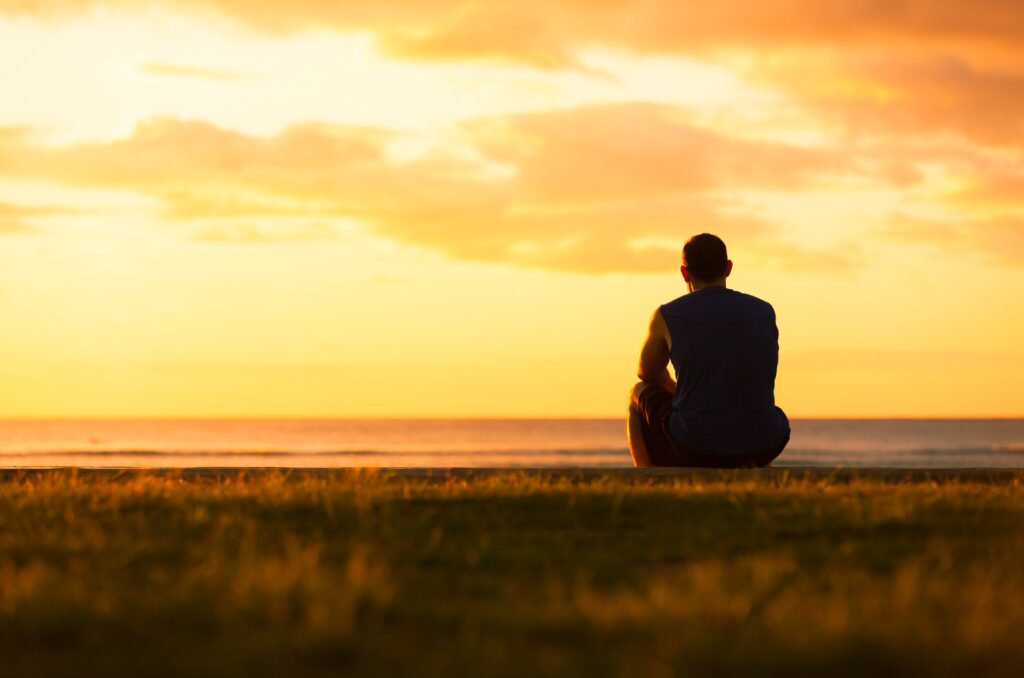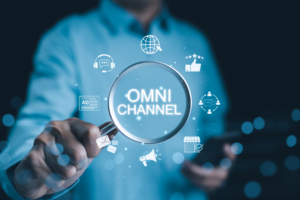It was a Fall Sunday morning in year 2015. I woke up trying to see through a black curtain that seemed to have been strangely attached to my eyes. This “curtain” shifted around as my eyes moved from side to side. I immediately knew something had gone horribly wrong with my eyes, and I realized the condition I experienced the previous evening had now escalated into something that instinctively rang loud alarm bells in my head.
What had happened the previous evening? On Saturday at around 5pm, I was at the gym doing a routine bench press set. As I put down the weights after the set, I experienced what can only be described as a black curtain that went across my eyes as I moved my eyes from side to side. It was subtle and unclear, but enough to make me uneasy. I said to myself – “whatever it is, it will probably go away”. I finished my gym routine, went home and showered, but the “subtle black curtain” was still there. A friend was visiting from the East Coast, so my family and I went to meet him for dinner. At the restaurant, my friend remarked that I looked off-color, and I told him that something’s going on with my eyes that’s making me rather uneasy. I went to bed early, hoping I will wake up with this problem gone.
Unfortunately, I woke up with this “curtain problem” now significantly more severe. Within a minute of waking up, I was reading articles on my phone, in response to search queries describing my condition. As soon as I read a couple of articles that said “this might be a retinal detachment”, I called Stanford hospital. The nurse said she cannot diagnose on the phone, and that I should come see her right away, I was there in 20 minutes. She did a few quick tests, and confirmed that my retina had detached. She further explained that the retina is like a curtain at the back of the eye, which had now got unstuck, and there was a risk of it completely peeling off, which would result in permanent blindness. She said I need to go into surgery to laser the retina into place because it is rapidly tearing off now.
However, she said Sunday is not a great day for surgery – Monday is – and that she is going to insert a bubble in the eye now to prevent the retina from fully tearing off. She also said that I would need to remain face down for 24 hours (until Monday surgery). 2 mins later, she inserted a bubble into my eye. It was all happening so fast that I did not have time to react and collect my thoughts. There was confusion, there was panic, there was fear, but there was also a determination to fight through this and comply with everything the doctors say. That Sunday was perhaps the most important day of my life because it made me look at life very differently – there were thousands of thoughts flying through my head about my past, present and future. It was the first time I envisioned what blindness might be like, and it reminded me of my mom telling that her biggest fear in life was not death, but blindness. I got through that night in bed with my face buried in a pillow (in order to make the bubble press against the retina to keep it attached). Naturally, I didn’t sleep a wink and it wasn’t because of the awkward facial position.
Thankfully, we have an excellent Stanford Eye Institute here, with doctors who are experts in retinal detachment. There are no guarantees of success, but my probabilities were good here.The surgery went well, and the only permanent effect was impaired vision when quite dark at night or when there’s a lot of glare from the sun. I feel very fortunate that I am able to write code and do math (eg: TeX) for several hours each day without needing any equipment or software to help. But it could have been a very different story, and many are not so lucky as I’ve been here.
This experience changed me as a person – for the first time in my life, I purposefully started thinking about not just all the people in the world who have visual impairments, but also about all the people in the world who have ANY impairment. I instantly developed an empathy I never had before. Over the next several years, I kept thinking about whether I could dedicate a part of my life towards the betterment of all these people who suffer from various kinds of impairments? So last Fall, when Anjan and I were kicking the tires on startup ideas, building a product for web and mobile accessibility was instantly attractive.
Over the years, it’s always been amusing when people respectfully call me “Dr. Ashwin Rao” and I have to remind them that I am not the type of Doctor who can actually help people. Now here is an opportunity to leverage my “doctoral skills” to help people with impairments. I surely cannot solve or even alleviate their impairment conditions, but perhaps I could contribute to making some of their day-to-day functioning easier with an AI product that enables them to browse and navigate web and mobile apps in a convenient and complete manner? This was particularly exciting in the context of the fact that Anjan brought the accessibility idea on the 7th anniversary of that scary Fall Sunday in 2015.
-Ashwin Rao, CTO-Founder, CX Score.



